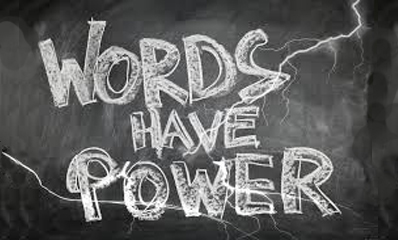 I read a post published online about whether life is what you make of it. The piece was written by a graduate student in gerontology—the study of aging and older adults. Having recently completed a Masters of Gerontology myself, I was surprised by some of the language she used.
I read a post published online about whether life is what you make of it. The piece was written by a graduate student in gerontology—the study of aging and older adults. Having recently completed a Masters of Gerontology myself, I was surprised by some of the language she used.
In my gerontology classes, we were taught the negative impact of such terms as geezer, old fogie, or spinster. We discussed how terms like that, as well as hag and old maid, were derogatory and perpetuated a negative stereotype about being older.
This grad student was writing a blog post about how a positive outlook improved the chances for healing and well-being for older adults, yet she referred to them as “the elderly.” That certainly isn’t as insulting as the terms mentioned before, but most people see it as outdated.
What’s the big deal about a word? Words have power. And when words reflect a negative stereotype, they can serve to dehumanize older adults. They can hurt self-esteem. They can disempower. In one of my gerontology courses, my professor explained that in order to provide effective service to older adults, we must be able to communicate with them in ways that do not perpetuate myths.
This is especially true for aging baby boomers, who reject the notion that they are old and ignore messaging that targets old age. While words like senior and golden have become euphemisms for old, those words don’t work, either, at least not with boomers. Too often, silver and mature adults fail, too. Even AARP, the largest organization serving older adults, has shifted their branding from a focus on retired persons to “Real Possibilities.”
Until we come up with terms that better reflect the reality of today’s over-50 population (or we remove the stigma associated with old), it might be more prudent to stop labeling people primarily by their age. Watch out for calling people elderly. Words matter.



